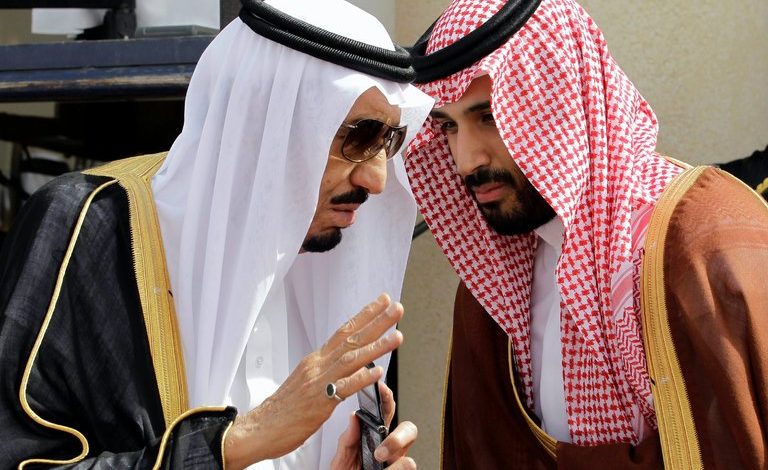
The Saudi authorities executed a hundred people in the first quarter of 2022. As the highest toll in a decade, the mass execution came a few days after the Crown Prince interview in which he said Saudi would abolish the death penalty.
According to official data, in addition to the mass execution carried out by the Saudi government on March 12, 2022, Saudi Arabia executed 19 people.
In addition to the Saudis, the victims were of Egyptian, Jordanian, Palestinian, Yemeni, Syrian, and Indonesian nationalities.
The sharp rise in executions, days after Muhammad bin Salman promised to abolish death sentences that are not based on a text from the Qur’an, which means punitive sentences, within two or three years, confirms the fears of using the death penalty in a retaliatory manner on the one hand and the lack of any basis for justice on the other.
While promises of reform confirm the shortcomings of the current laws, cases that affect the right to life must be frozen until the laws are decided upon, which contradicts what the Saudi government has done.
In addition, despite the absence of any role for civil society and human rights defenders, the cases that the European Saudi Organization for Human Rights was able to document, confirm the lack of justice, and the detainees’ exposure to various types of violations, including torture and ill-treatment and deprivation of legal self-defence.
The European Saudi Organization stressed that the death sentences that followed the mass execution are a challenge to the international community and international law, especially after the High Commissioner for Human Rights criticized the mass execution.
These figures also confirm that the danger to the lives of dozens of those still facing the death penalty has become more significant, especially prisoners of conscience and political detainees.